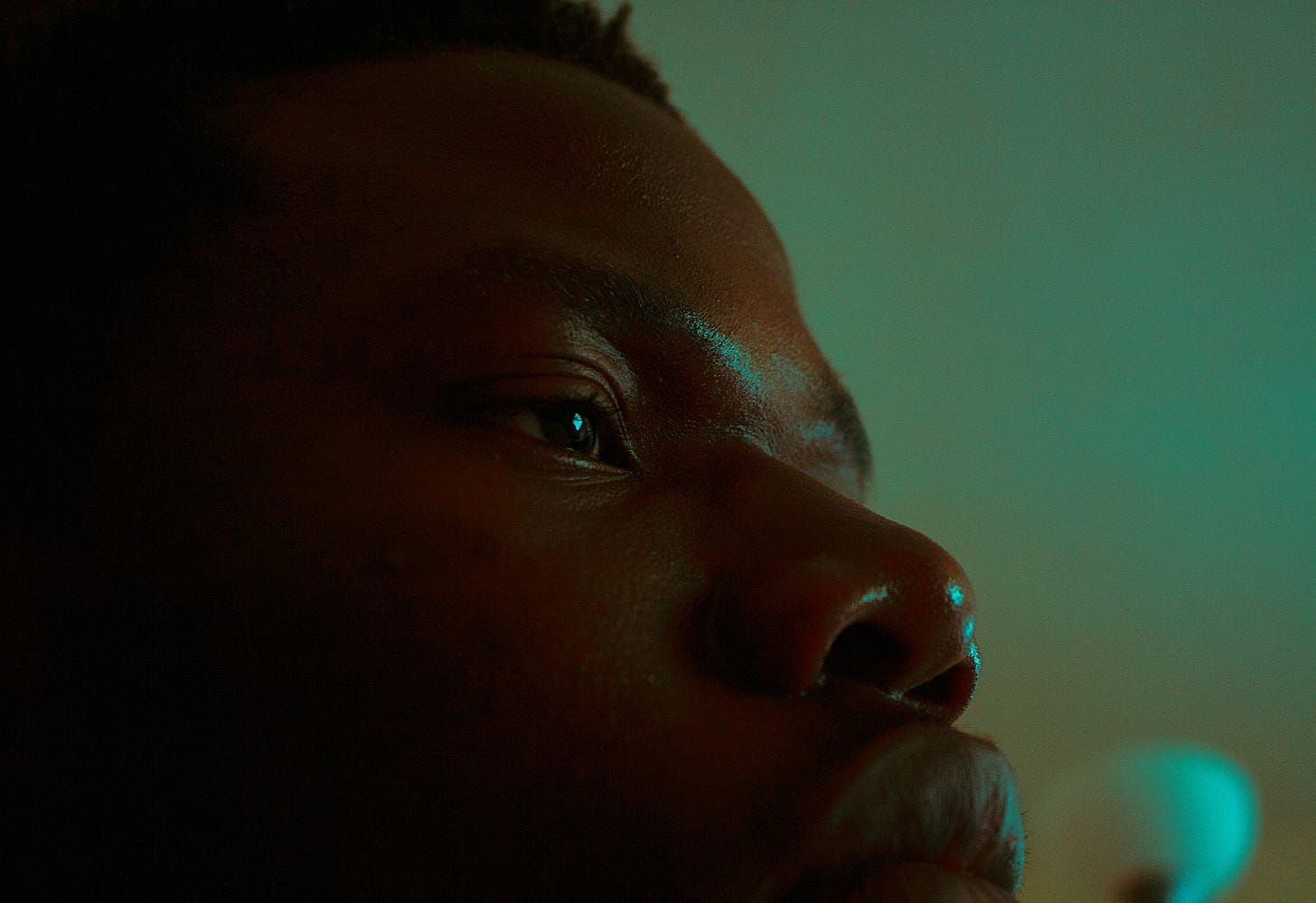How I learnt that my urge to control things is rooted in trauma.
The need for control is often the need for safety in disguise.
The other day, my partner asked me a simple yet unsettling question: "Why are you afraid of losing control?"
At first, I brushed it off. I'm not afraid of losing control; I like things to be a certain way. Yet, the question lingered. I started to notice all the ways I try to maintain control: making plans, anticipating outcomes, organising, and overthinking. And beneath it all, I realised control wasn't about preference. It was about protection.
I believe control, for many of us, is rooted in trauma. It is the strategy we develop to prevent the unpredictable, guard against pain, and create an illusion of safety in a world that once proved unsafe.
Trauma, whether big or small, leaves a mark.
It teaches us that chaos is dangerous, that people are unpredictable, and that life can turn upside down instantly. If, at some point, we felt helpless, abandoned, or blindsided, we learned that certainty was safer than uncertainty, structure was safer than spontaneity, and control was safer than trust.
Children who grow up in an unstable home learn to control their environment as adults.
The person who experienced betrayal controls relationships by keeping people at a distance.
The one once powerless in a crisis clings to order in daily life.
What looks like perfectionism, micromanaging, or rigidity is often just a person trying to avoid reliving something painful.
The problem with control is that it's exhausting. The more we try to manage every outcome, the more anxious we become. The more we resist uncertainty, the more life reminds us that uncertainty is inevitable.
And yet, letting go feels impossible. If control is how we've kept ourselves safe, then surrender feels like walking into danger unarmed.
So we grip tighter, overanalyse, push ourselves to be hyper-independent, and convince ourselves that if we just try harder, plan better, anticipate more, maybe nothing terrible will happen.
Control does not prevent pain; it only numbs us to life itself.
I am learning to trust the unknown.
Letting go of control doesn't mean becoming careless or passive. It means recognising that we never really had control, only the illusion of it. And it means trusting that, whatever happens, we have the strength to handle it.
For me, that has meant asking hard questions:
What am I really afraid of if I let go?
Where did I learn that control equals safety?
Can I practice small acts of surrender, leaving space for uncertainty instead of trying to manage it?
It has also meant letting my partner in, accepting that love isn’t about control but about trust, that safety isn’t about eliminating risk, and knowing I am not alone, even if things don’t go as planned.
Let's end with some little nuggets of wisdom:
Control is often a response to past wounds. It’s not about being complicated; it’s about seeking safety.
The illusion of control is exhausting. No matter how much we plan, life will always be unpredictable.
Letting go is not the same as giving up. It’s about learning to trust ourselves instead of fearing the unknown.
Healing requires small steps. We can’t unlearn control overnight, but we can practice surrender in small ways.
Love thrives in trust, not control. Genuine connection requires letting others in, even when it feels risky.
When my partner asked me why I feared losing control, I didn’t have an answer. Now, I think I do.
Control was never about power; it was about protection. It was about shielding myself from what I once could not handle. I am not that person anymore.
Life is uncertain, but maybe that’s not something to fear. Perhaps it’s something to embrace. Maybe absolute safety isn’t in control, but in the belief that, no matter what happens, I will be okay.



